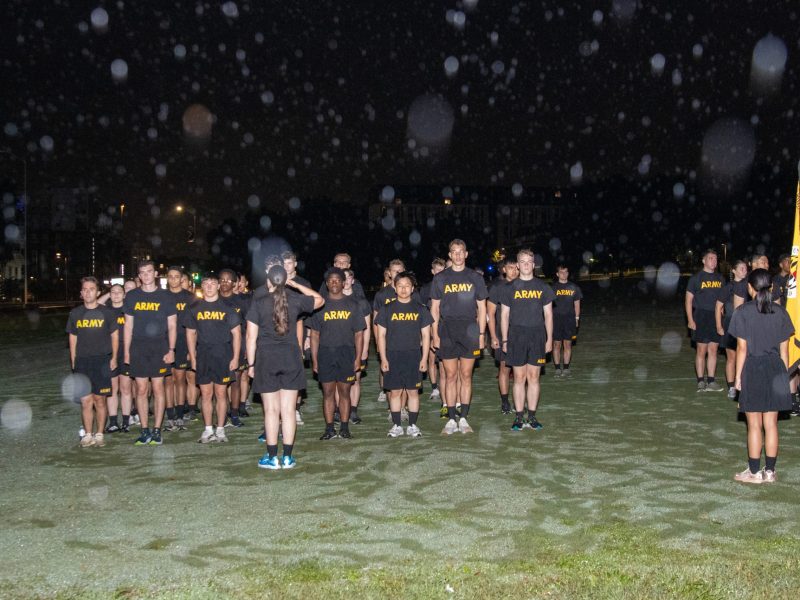During the week of April 2, viewers across the nation could watch university professor Melanie Killen on CNN.
But when the TV station first asked Killen – a human development researcher in the education school – about a year ago to expand her work on children’s perceptions of race for an Anderson Cooper 360 special report titled “Kids on Race: The Hidden Picture” she was surprised that CNN asked her to conduct 145 interviews. That amount of research typically takes her a year to do, Killen said.
Her team of four doctoral students from this university completed that portion of the project in just three weeks, and the researchers recently garnered national attention in a week-long series on Cooper’s show.
In the series, Cooper said Killen reveals “the reality of what kids see, hear and think about race.”
To complete the research, her team began interviewing children ages 6 and 13 at six elementary schools in this state, New Jersey and Virginia.
The doctoral students and Killen conducted the study at three types of schools: racially diverse or primarily white or black. Kids were shown drawings depicting ambiguous situations and asked open-ended questions.
For example, a set of drawings showed one boy sitting on the ground in front of a swing with another boy standing behind him. Researchers asked kids what they thought had happened, and answers differed depending on the races of the standing and seated boys.
One of the most surprising findings of her research, Killen said, was that the majority of white children looked at the interracial encounters negatively, while the majority of black children looked at them positively. Killen said this could help dispel the stereotype that black children may be more aggressive than their white counterparts.
Halima Cherif, this university’s education school’s communications assistant director, said some of the responses were unsettling, such as when a white boy said his mom would not want him to be friends with someone with “brown skin.”
Another surprising moment, Cherif said, was when a black girl said her white friend’s mom disapproved of their friendship.
“That was really shocking for me to see,” Cherif said. “We’re in a completely different age now, and although we may seem more progressive than we actually are, this stuff still exists.”
She said the program showed her that kids are more aware of views of racism or acceptance than adults might realize – and often, they will mimic those views.
“Maybe we need to look at ways to instill more understanding and more acceptance starting at that very young age,” Cherif said.
Children who went to diverse schools were more likely to view racially integrated encounters in a positive way than children who went to homogenous schools, Killen said.
In addition to promoting diversity in schools, Killen said parents and teachers should encourage interactions between children of different races.
“For parents, our recommendations are starting to be aware of your child’s friendships early and to encourage them to be friends with children of different backgrounds,” Killen said.
Although her main priority in research is maintaining scientific integrity, Killen said she felt collaborating with CNN was a positive experience.
“I was really surprised about how easy it was to talk to Anderson Cooper and Soledad O’Brien. They’re both very natural about talking about these kinds of issues,” Killen said. “It was a positive experience overall, and I came away with a very good feeling about their respect of scientific integrity.”
kelley@umdbk.com


